Sleep improves your athletic performance and reduces injury risk – here’s how to do it better
We hear from a sleep therapist on how to improve your sleep cycle for better athletic performance
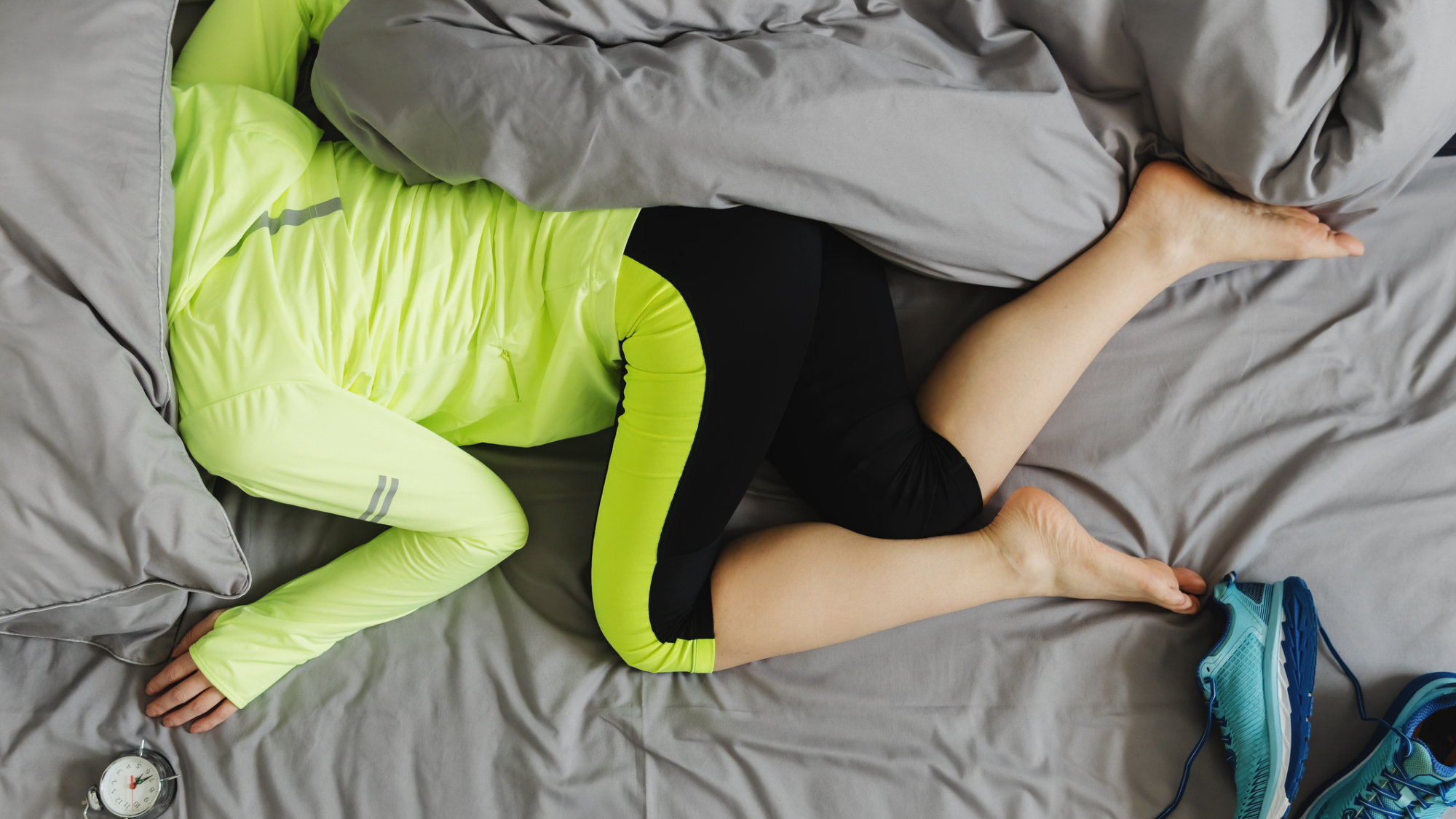
All the latest inspiration, tips and guides to help you plan your next Advnture!
You are now subscribed
Your newsletter sign-up was successful
Have you noticed that the sleep tracking on your GPS watch is delivering more peaks than valleys lately? Perhaps you’ve been waking up feeling less-than-refreshed for a long time now. Inadequate or poor quality sleep doesn’t just mean you’re extra grouchy at breakfast or less productive at work – you might have noticed that it’s also affecting your athletic performance on the trail.
It’s true that after a terrible night’s sleep, you might not want to lace up your trail running shoes, especially if you’re faced with dark, cold mornings. But according to scientific research, even if you can get past that first obstacle and get your feet on the ground, you’re not likely to make as many gains once you’re there.
There’s a ton of research on the relationship between inadequate sleep and athletic performance, and it’s worth looking at if you’re planning on running your first marathon this year, or even just want to move more efficiently on your daily runs. Poor sleep can affect your speed (a 2011 study of male athletes observed that sleep loss slowed pacing strategies during intermittent-sprint exercises among male athletes), induce fatigue earlier in your workout (after only one night of bad sleep as observed in a 2009 study of volleyball players) and can even increase your injury risk according to a 2014 study of young athletes.
Getting better sleep then isn’t a luxury, but should be considered an essential part of your training regimen. The Sleep Foundation cites it with improving an athlete’s cognition, recovery time and mental health. But how do you go about it?
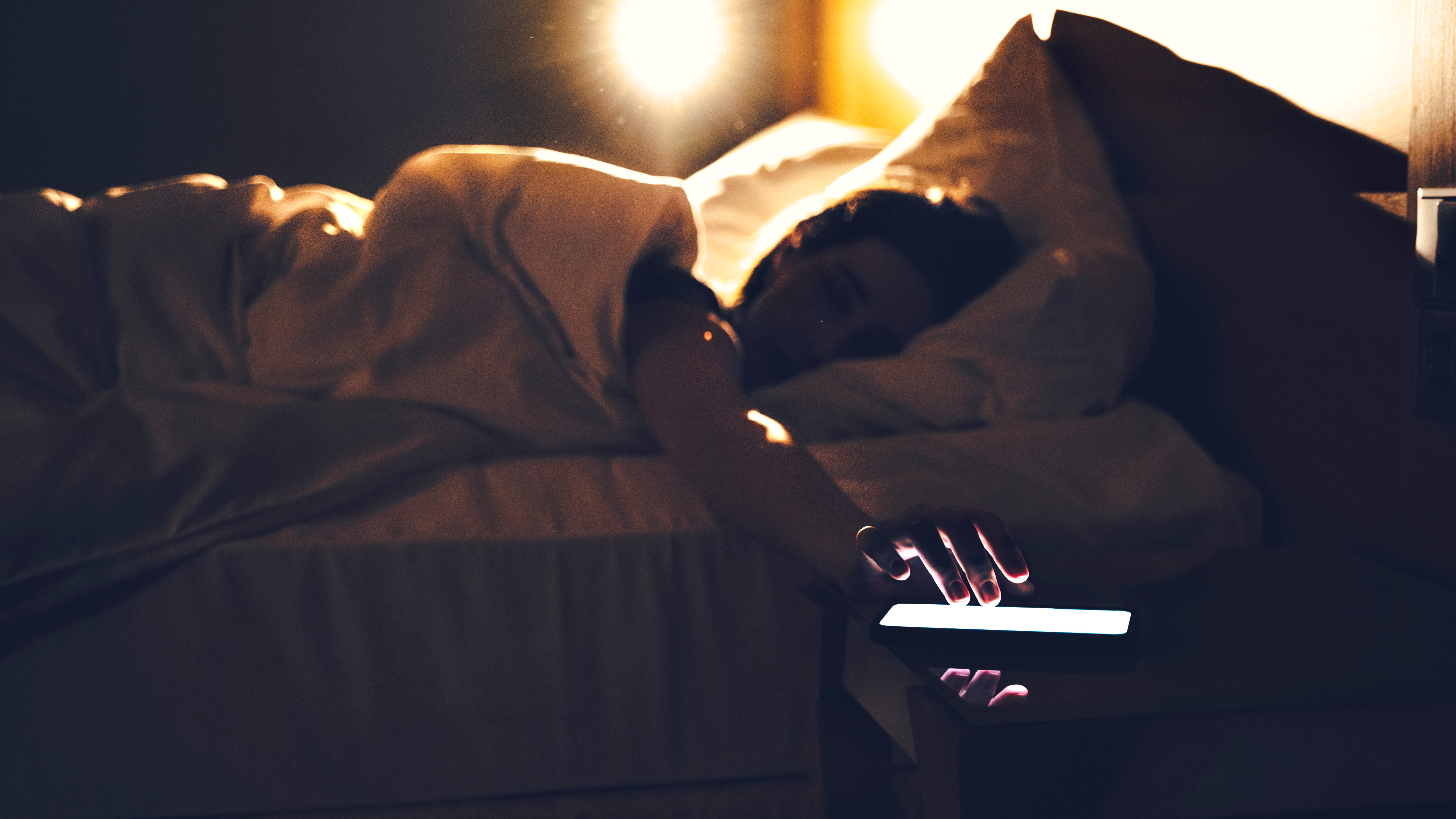
“Your sleep environment matters”
We recently heard from Denise Iordache, sleep therapist and founder of JoySpace Therapy on the subject of creating a more sustainable sleep routine, who advises that for starters, focus less on the number of hours you spend in bed and more on getting good quality sleep by focusing on the hours before bedtime.
“Start by creating a relaxing bedtime routine. Wind down with a good book, practice gentle stretching, or indulge in calming herbal tea. Dim the lights an hour before bed to signal to your body that it's time to unwind.”
Naturally, you’ll do well to also limit your screen time before bed, as the blue light emitted by electronic devices can disrupt your natural sleep-wake cycle.
All the latest inspiration, tips and guides to help you plan your next Advnture!
When you do head to the bedroom, you want it to be an inviting place that supports relaxation and rest, so if yours is currently cluttered with piles of unfolded laundry or camping gear (guilty as charged), give your sleeping space a spring clean and invest in a comfortable mattress and pillows.
“Your sleep environment matters more than you think. Keep your bedroom cool, dark, and quiet for an optimal sleeping experience,” says Iordache.
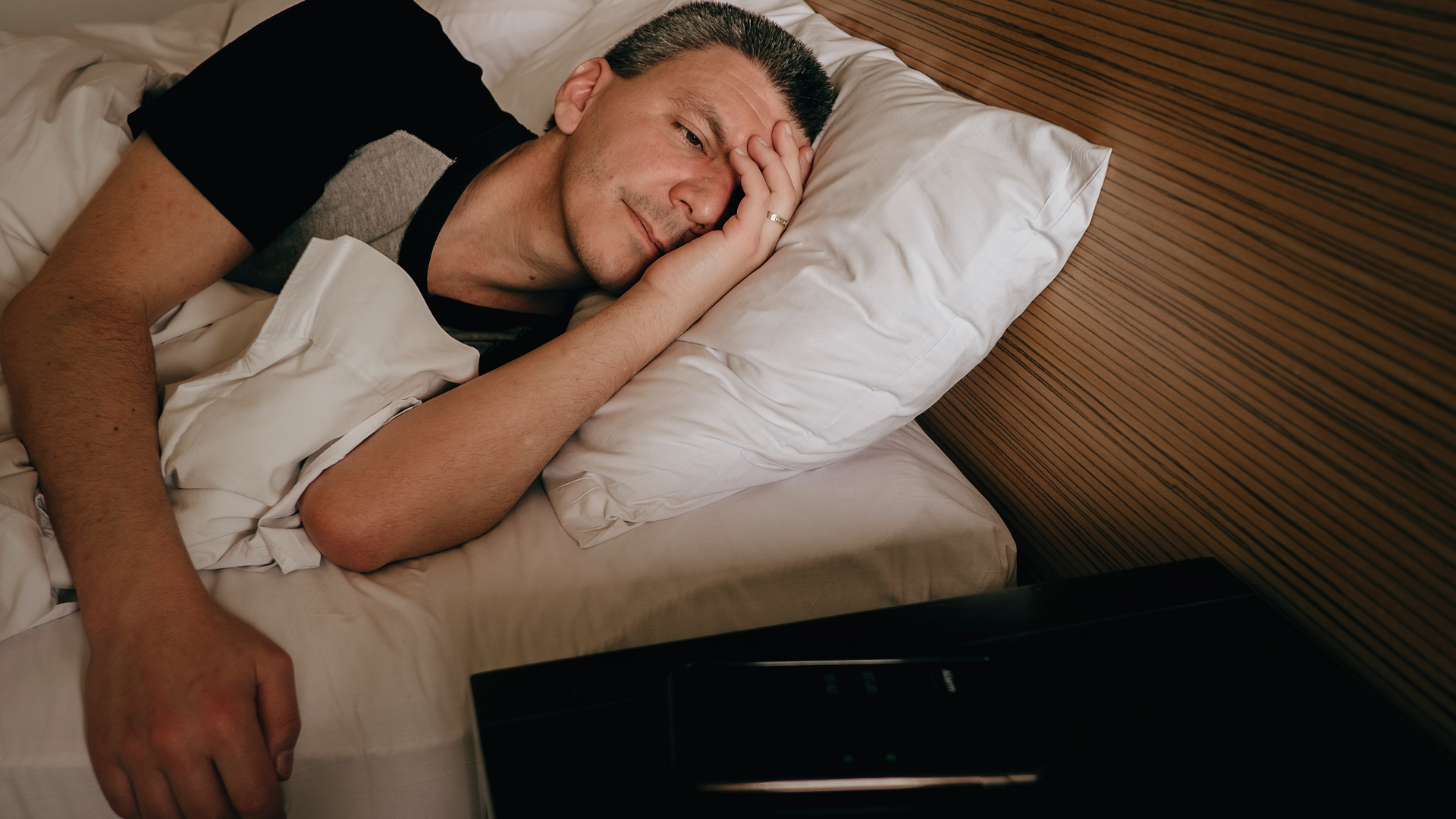
“Consistency is key”
Like so many things in life, consistency is key when it comes to sleep. Or as Aristotle says, excellence is not an act but a habit. If you have school-aged kids or work regular hours, you’ll be used to waking at the same time each morning, but how many of us let that well-established routine go to the dogs on Saturday morning?
Though a lie-in once in a while is a lovely thing, for optimal health benefits, you might want to set that alarm more consistently, says Iordache.
“Aim to go to bed and wake up at the same time every day, even on weekends. This helps regulate your body's internal clock, promoting a more restful sleep.”
If you tend to stay up late, whether that’s because you’re a night owl or just like those hours after the kids go to bed to finally get stuff done, she recommends you start by gradually adjusting your bedtime until you find a schedule that works for you.
Consider placing your alarm a little further away from your bed so you’re not tempted to hit the snooze button repeatedly, even if last night’s sleep wasn’t great, and you’ll start to regulate your body’s natural clock, known as the Circadian Rhythm.
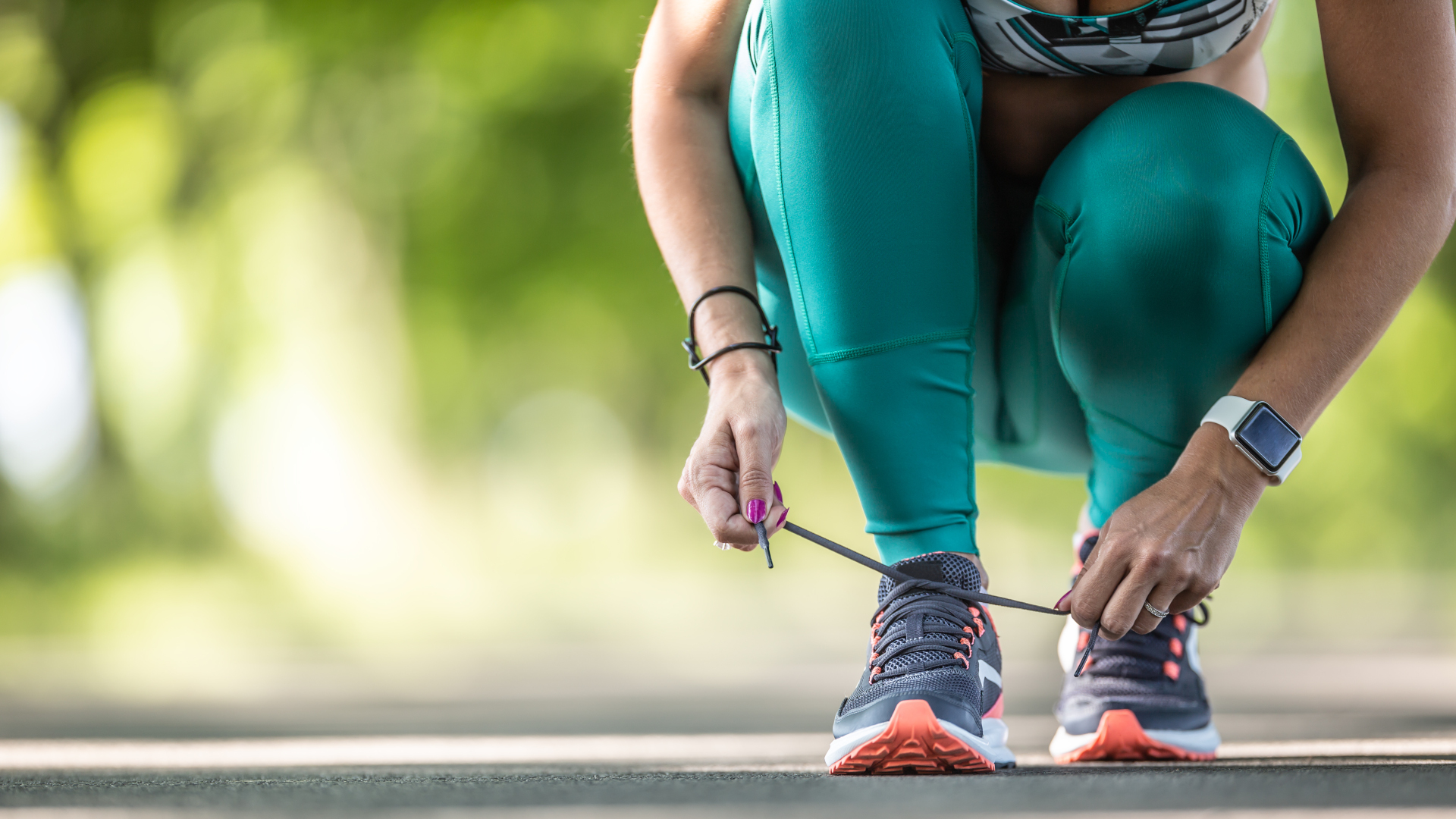
“Calm your nervous system and reduce stress”
Bad habits might be impacting your sleep cycle, but if you’re not sleeping well in this day and age, there’s another likely culprit: stress.
The Sleep Foundation reports what many of us already knew – elevated stress levels can reduce the amount of time you spend in those restorative deep and REM sleep cycles, meaning that even if you slept for quite a long time, you might wake up feeling foggy and have a hard time hitting your markers on your run. If you suspect stress is at the root of your sleep – and athletic performance – issues, Iordache recommends you incorporate healthy stress-management techniques like mindfulness practices into your daily routine.
“Whether it's meditation, deep breathing exercises, or a short walk in nature, these moments of mindfulness can help calm your nervous system and reduce stress. Consider keeping a journal to express your thoughts and feelings, providing an outlet for stress.”
To help you get started, we’ve already written articles on meditation for runners, yoga stretches for runners which can double as a post-workout recovery tool and nature journaling.
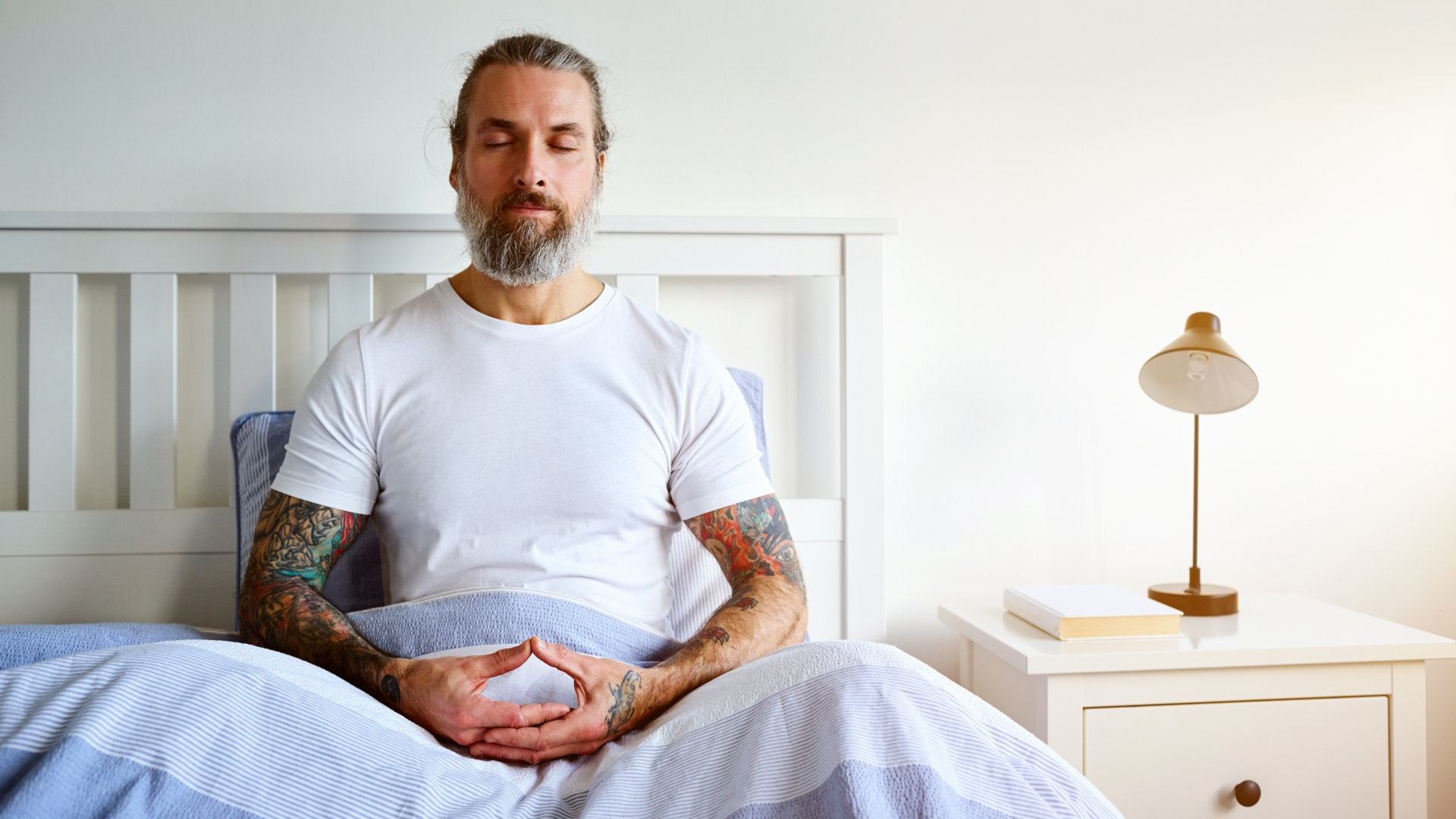
“Focus on small, sustainable changes”
Finally, if redecorating your bedroom, winding down with a relaxing evening routine and setting the alarm seven days a week sounds like a million miles from your current existence, don’t be discouraged. As Iordache says, radical transformations rarely stick, so instead of overhauling your entire lifestyle, focus on making small, sustainable changes.
“Rome wasn't built in a day, and your journey toward better habits doesn't need to be either,"
Start small with just one behavioral change and gradually build from there.
"Celebrate the small victories along the way, reinforcing the positive changes you're making in your life. Remember, the goal is progress, not perfection.”
Julia Clarke is a staff writer for Advnture.com and the author of the book Restorative Yoga for Beginners. She loves to explore mountains on foot, bike, skis and belay and then recover on the the yoga mat. Julia graduated with a degree in journalism in 2004 and spent eight years working as a radio presenter in Kansas City, Vermont, Boston and New York City before discovering the joys of the Rocky Mountains. She then detoured west to Colorado and enjoyed 11 years teaching yoga in Vail before returning to her hometown of Glasgow, Scotland in 2020 to focus on family and writing.

